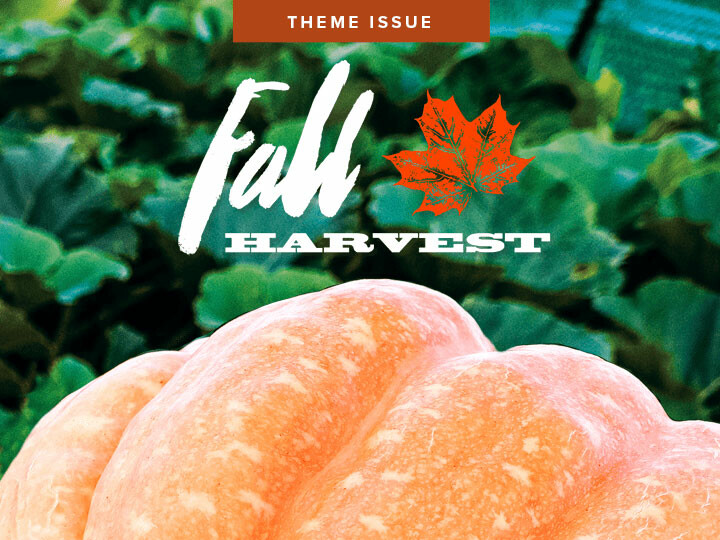Planning for Preservation
safety steps can help you preserve Wisconsin’s bounty
UW Extension, photos by Tom Giffey

Spaghetti sauce full of the flavor of garden-fresh tomatoes. Strawberry jam bursting with fruit at the peak of ripeness. With the proper equipment and up-do-date recipes, these and other family favorites can be safely canned at home. “Preserving food from your garden or orchard can be a good way to combat the rising prices of food at the grocery,” says Barbara Ingham, University of Wisconsin Extension food scientist, “but be sure to follow research-tested recipes for safe, high-quality food that your family will enjoy.”
Recipes that are not precise, mentioning a pinch of this ingredient or a pinch of that ingredient, recipes that are not tested in a laboratory, or recipes that contain out-dated or inaccurate canning information can result in products that may be unsafe to consume. Ingham offers three general guidelines for safe food preservation:
1. Inspect and repair any food preservation equipment at the beginning of the season.
Now is a good time to inspect canners or food dehydrators to make sure all equipment is in working condition. And start now to collect approved canning jars and lids for use during the season. Canning jars that use two-piece self-sealing metal lids are recommended for home canning. Jars should be free of nicks or scratches. A “must” every canning season are new flat lids; metal screw bands that are not bent or rusted can be reused.
2. Have dial-gauge pressure canners tested for accuracy.
A pressure canner is essential for canning low-acid vegetables, meats, fish, and poultry. Pressure canners come with either a dial-gauge or a weighted-gauge. Dial-gauge pressure canners should be tested each year for accuracy. Your county extension office should be able to help you with that. The Eau Claire County office is at 227 First St. West in Altoona. Call (715) 839-4712 for information.
3. Always follow an up-to-date tested recipe from a reliable source.
This is perhaps the most important step in preparing for home food preservation, according to Ingham. Cookbooks and old family recipes are not reliable sources of research-tested recipes. Consult your local county extension office for recipes that will ensure that you are canning safe, high-quality foods. The UW Extension has up-to-date recipes in bulletins on safe canning of fruit, jams and jellies, meat, pickles, salsa, tomatoes, and vegetables, as well as information on freezing fruits and vegetables.
“More tomatoes are home-canned than any other product. And home-canned tomatoes can be so delicious. But many people are still unaware that tomato-canning recommendations changed dramatically way back in 1994,” Ingham says. “I answer questions every year from consumers who are not aware that you must add acid to home-canned tomato products to ensure safety. And this is just one example where even though it’s tempting to return time and again to a family-favorite recipe, it’s important to update your canning recipes as guidelines change.”
Mary Geissler, UW Extension family living educator in Chippewa County, adds: “Food safety is, and should be, a primary concern when home canning any type of food, from pickles to meat. The extension service sets itself apart in providing research-based information.”
County Extension offices have copies of the up-to-date Wisconsin Safe Food Preservation Series bulletins. Contact the Eau Claire County Extension Office at (715) 839-4712, the Dunn County Extension Office at (715) 232-1636, or the Chippewa County Extension Office at (715) 726-7950. Information is also available online at www.foodsafety.wisc.edu.

